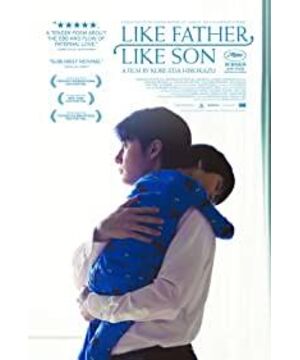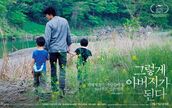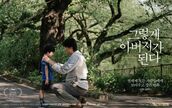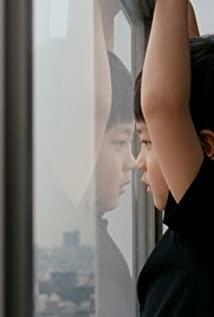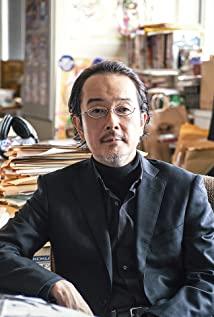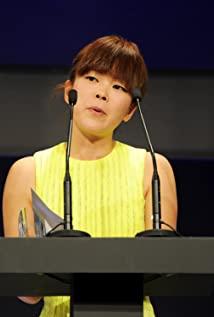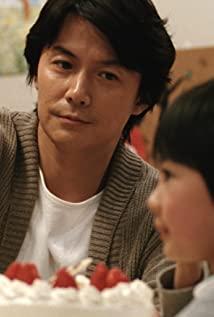When I explore family relationships, intimacy, and parent-child relationships, I like to watch related high-scoring videos, and through the perspective of movies, I like to analyze the touch of inner emotions, and to understand and think about myself and others in the fog. Watching movies is also a hobby that I share with Bubble Dad.
Recently, we watched "Like Father Like Son" by Hirokazu Koreeda. The film compares the two parent-child relationships through two families of different classes and different styles of fathers; the male protagonist often switches his role as a child as a father, and the experience is different. emotional experiences and needs.
As a child or now as a parent, did you ever wonder: What if I had parents like this? What if I had such a child? Can my parents and my children become like that?
In this story, two families find out that each other's children were swapped at birth, and after struggling with a choice in their hearts, they try to exchange them back. The parent-child relationship experienced another diametrically opposed routine. The emerging incongruities and comparable situations between father and son cause both father and son to discover a piece of the puzzle of relational patterns that they did not have.
After watching the film, the most shocking thing to me is that many bosses did not assign him jobs that required high investment and high returns, and responded to many requests: "However, you are always stepping on the accelerator, and It's time to step on the brakes, and you should spend more time with your family." The most precious thing we can give our children to their families is companionship and time.
After watching the movie, Bubble Dad was touched and said with red eyes: "Now I don't want to talk, I just want to sleep with Bubble."
In the film, the father who runs an old electrical appliance store accompanies his children to play, chase, fly kites, lie on the grass, bask in the sun, and take a bath together. As a clear example and reference, there are many changes in the follow-up behavior of Bubble Dad.
Bubble Dad said: "I found that the child took a lot of pictures of him, and I was most impressed by this part. When you are inadvertently, the child has been paying attention to you. Many are unsmiling, have high expectations and are strict, and follow me. It's kind of like, very serious. Strict can't say bad, but the child is a lot less happy and has to do it in a balanced way. Many times when the child is left at the electrical store, the child he has raised for 6 years sees his father pick up another The child is very sad. When I was a child, I hoped to talk and laugh with my parents. When I saw other children calling my father back, I coquettishly said "Father back", and he slapped my ass. When I was a child, my father was " Give you pocket money to go to school and don't bother me. (Follow-up after watching the movie) What I am doing now is to be more cheerful, combine the roles of these two fathers, laugh more and less frown, accompany as much as I can, talk more, and play more interactive games . "
Searching the family records of our family, you can see a lot of Bubble's feelings for Dad: "I think Dad is good-looking, and his smiling face is very good-looking; I will give Dad the xx I made/painted; I will xx , I'm going to tell Dad; I'm going to learn a lot before I see him again." During this period, Dad in his eyes was like a beacon, a bright part of his consciousness. After the age of 5 and a half, his understanding of his father has become more objective and rational. Dad no longer exists like a halo as before, and his description and expectations will be closer to reality.
Is your child's childhood long? Looking back, the white horse has passed the gap. Do children spend a lot of time at home with their parents? Where will he be after 15? Some emotional opportunities are missed when they are missed... There is no going back in time.
My expectation for boys is to know how to express love, to have delicate and sensitive emotions, and to participate in more care and dialogue in the role of the family in the future. I hope that children's emotions have the advantages of both genders, in fact, this is human nature. Boys' hormone levels lead to different behavioral characteristics than girls, and boys need more emotional support.
Between parents and children, it is an encounter of life. This is not a family consideration, but a self-reflection and facing a real individual.
We are not born to be parents, and each of us has a different starting point for love. Using old patterns and instincts plus acquired learning, we gradually learn to be the parents we want to be.
View more about Like Father, Like Son reviews


